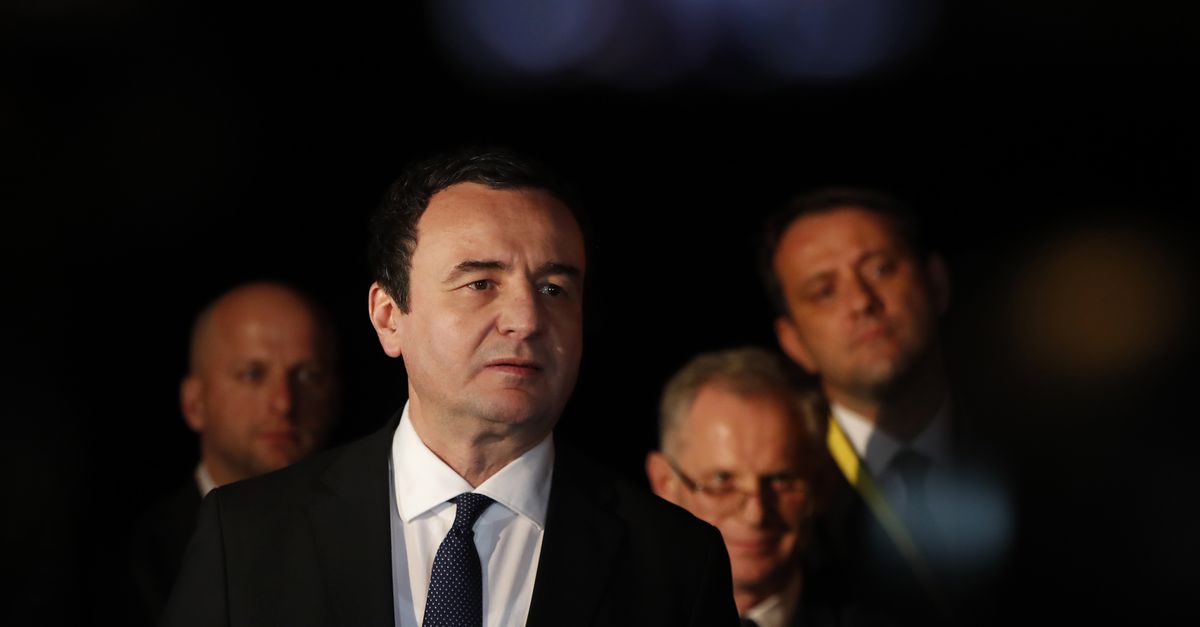The leaders of Serbia and Kosovo have agreed in principle to implement the European Union’s plan to normalize relations after decades of tension. European Union foreign policy chief Josep Borrell made the remark on Saturday night after nearly twelve hours of negotiations between the two parties, the Associated Press reported.
Serbian President Aleksandar Vucic and Kosovar Prime Minister Albin Kurti “agreed on how to do it,” Borrell told a news conference following his talks in the North Macedonian resort of Ohrid, though he cautioned there were still points to be made. Should be disputed. .
The two leaders agreed last month on the text of an 11-point EU plan to normalize relations between the two neighboring countries after the 1998-1999 war. Kosovo declared its independence from Serbia in 2008, but the country does not recognize the sovereignty of its former province. This regularly leads to tensions.
The road to the European Union
“The goal today is to agree on how to implement the agreement that was accepted at the previous summit,” Borrell said. He said that although he entered the negotiations with a “more ambitious text” than was ultimately agreed, it “will become an integral part of their path to the EU”.
Read also: Tensions in Kosovo: The words war and the Balkans fall back into one ominous sentence
Both countries hope to join the European Union. The condition for this is that they improve their relationships. The conflict between Serbia and Kosovo has also been made more urgent by the war in Ukraine amid fears that Russia could foment instability in the Balkans, where Moscow has traditionally held influence.
The EU plan, drawn up by France and Germany with the support of the United States, calls for both countries to maintain good relations and recognize each other’s documents and symbols. If implemented, it would prevent Serbia from blocking Kosovo’s attempts to join the United Nations and other international organizations. The plan does not call for explicit mutual recognition, but rather for acceptance of existing boundaries.
Although Vucic agreed in principle last month, he later appeared to backtrack on some key points after pressure from far-right groups in Serbia. He had said earlier that he would never recognize Kosovo and said on Thursday that he would not sign anything despite Kurti’s insistence. “It is now up to the European Union to make it internationally binding,” Curti said.







